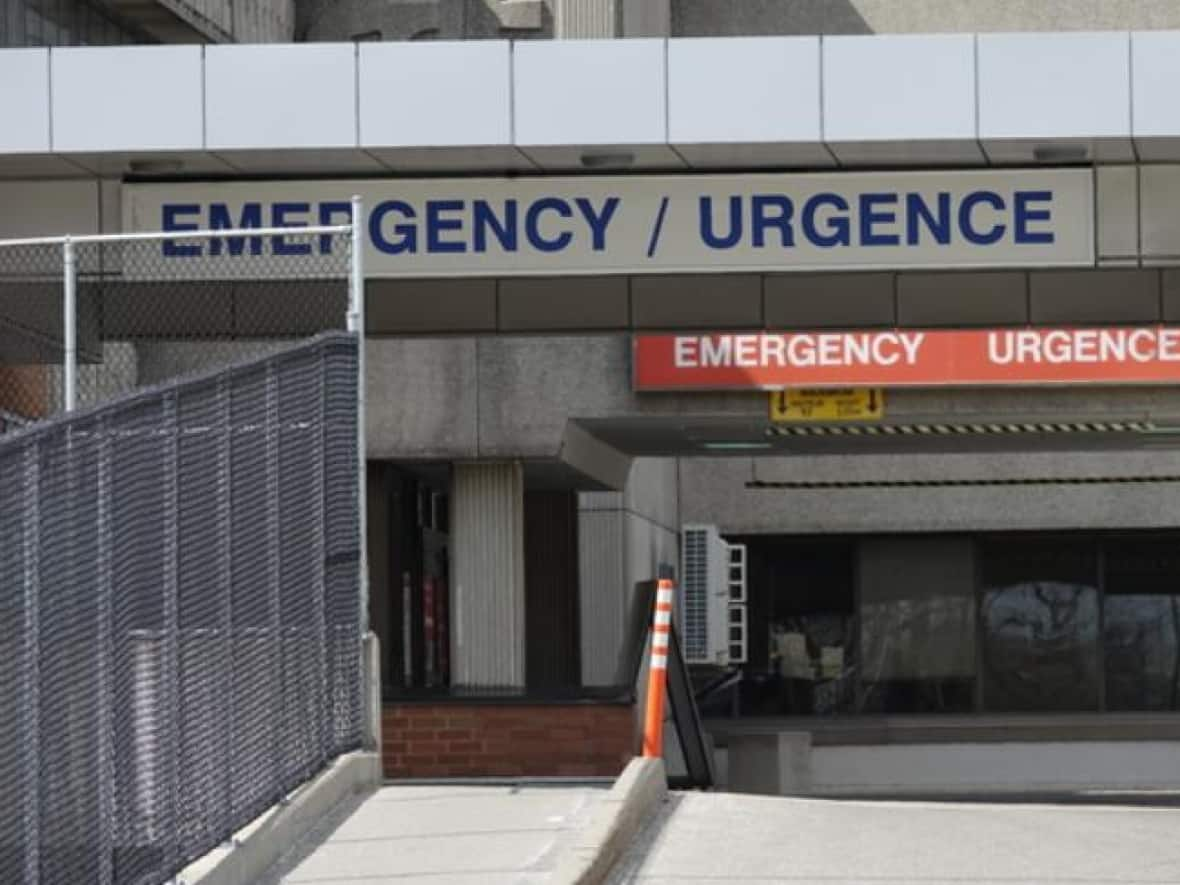As flu season approaches, Ontario's children's hospitals operating at or near 'maximum capacity'

With flu season fast approaching and young children particularly susceptible, Ontario hospitals are feeling the crunch.
In some cases, hospitals have been forced to transfer pediatric patients elsewhere more often than they used to.
"I can think of no more stressful time as a family member to know your child needs critical care," said Tammy DeGiovanni, chief nurse executive at the Children's Hospital of Eastern Ontario (CHEO) in Ottawa.
And then, when they have to be moved, "they're taken away from the care closest to home," she said. "They're taken away from their support network; I can't think of a more traumatic experience for a family."
The need for transfers has increased in the last few months and, in particular, the last few weeks, DeGiovanni said. While this past week was "incrementally better," she said the hospital is still at "maximum capacity."
It's not a scenario unique to CHEO. At the Children's Hospital at London Health Sciences Centre, five or fewer children have been transferred out and five or fewer babies have been transferred out in the last six months.
During the same time period, 10 or more patients have been transferred in from out of the region.
"Knowing this is a concern across the province, we are working closely with our peers and government to find innovative ways to address these challenges," said spokesperson Alex Pedersen in a statement that attributes capacity pressures in part to more children with viruses.

High demand for hospital resources, persistent health worker shortages, and high patient need has also led McMaster Children's Hospital in Hamilton to "more frequently transfer young patients to hospitals in other regions for care," said spokesperson Wendy Stewart via email.
"These transfers happen only when absolutely needed to ensure a patient can continue to receive the level of care they need."
According to Trillium Health Partners, which operates hospitals in Mississauga and western Toronto, its capacity problems haven't yet led to transfers. North York General Hospital said the same, with spokesperson Anne-Marie Flanagan saying, "We have activated our surge plan."
While SickKids did not respond to an inquiry from CBC Toronto, it said on Twitter that its intensive care unit patient volumes "are exceedingly high."
"This is the season for respiratory viruses," said Dr. Vinita Dubey, an associate medical officer of health for Toronto Public Health.

"It's getting colder, we're going indoors, that means if someone is contagious it's more likely to spread and you're more likely to pick it up."
Dubey said public health is preparing for "more respiratory viruses." And while she couldn't say what the specific impact on children might be, she did note that children ages five or younger are particularly susceptible to influenza — and they can wind up in hospital.
"Even healthy children can get very sick from these viruses," she said. "That is why we want to make sure we prevent what we can and the flu vaccine really is our best defense."
Unfortunately, there's no quick fix to capacity issues, said DeGiovanni.
"The children's health-care system in Ontario — I would say across Canada — is not sized for what's needed," she said. "What COVID has done, particularly in kids' health, is really widen those cracks, really make things visible."


